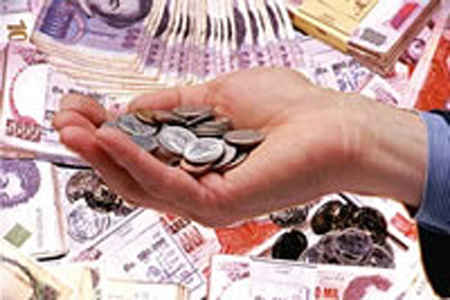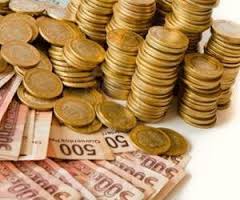 A devaluation is the process by which a currency loses its value with respect to other currencies and even with respect to different goods. It may be due to market fluctuations but also to a monetary policy that makes liquidity in said currency more abundant. In any case, a devaluation it is ultimately established by supply and demand, as with any other process in the economy. Sometimes devaluations can have harmful effects on people's quality of life insofar as they imply a drop in people's real income, although in return they can boost exports.
A devaluation is the process by which a currency loses its value with respect to other currencies and even with respect to different goods. It may be due to market fluctuations but also to a monetary policy that makes liquidity in said currency more abundant. In any case, a devaluation it is ultimately established by supply and demand, as with any other process in the economy. Sometimes devaluations can have harmful effects on people's quality of life insofar as they imply a drop in people's real income, although in return they can boost exports.
The currency as a market good
To understand how money works, it is important to bear in mind that it is traded as another good in an economy; in this way, you will be subject to typical market fluctuations. However, a government has tools both to devalue and to appreciate this price in the market. For example, when you print money what you basically do is devalue it, increasing its supply; on the contrary, when the interest rate increases on the bonds it issues, what it does is increase the price of money. This leads us to the conclusion that the tools that exist to devalue a currency are usually more effective than those that exist to price it.
 Why is it devalued?
Why is it devalued?
A typical cause of a devaluation It occurs when a government experiences a fiscal deficit and decides to finance it with monetary issuance. In this case, what it will do is increase the supply of money, causing more and more money to exist in relation to the supply of goods and services in the country, causing a devaluation. However, as we have said, the price of a currency also depends on the demand for it; For example, in the case of the US economy affected by subprime mortgages, it was possible to inject a large amount of dollars into the market without significantly increasing inflation. However, it should be noted that most of the time the monetary issue is inflationary.
As we can see, the devaluation it is a process that involves multiple factors and that can have both negative and positive consequences. However, when a devaluation is carried out, there is usually a process that causes it to be transferred to prices, causing the advantages in terms of competitiveness to be lost to a large extent. To avoid this type of circumstance, a rise in interest rates is generally promoted.









